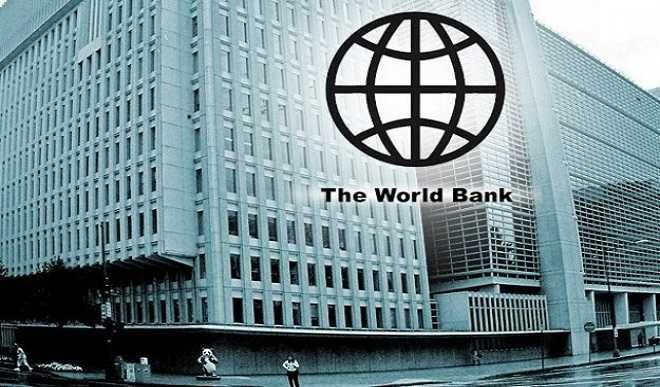Kogi Fadama III-AF, a success – World Bank
The Practice Manager, Agriculture and Food Global Practice, World Bank, Marianne Grosclaude, has rated Kogi State high on the implementation of the Third National Fadama Development Project- Additional Financing. She gave the commendation when she led a team from the World Bank Country Office in Nigeria on a technical mission to the state. Grosclaude, who […]

World Bank
The Practice Manager, Agriculture and Food Global Practice, World Bank, Marianne Grosclaude, has rated Kogi State high on the implementation of the Third National Fadama Development Project- Additional Financing.
She gave the commendation when she led a team from the World Bank Country Office in Nigeria on a technical mission to the state.
Grosclaude, who expressed appreciation to the Kogi State Government for creating an enabling environment for the project to thrive, as well as paying the counterpart funds for the project, said she was happy with the results seen on ground and considers the Fadama Project in the state a big success.
The team leader further stated that the Fadama Project had contributed to the development of the agricultural sector in Nigeria, adding that more needed to be done in the aspect of agribusiness, which she noted was “highly underdeveloped’’ in Nigeria.
Earlier in his remarks, the Commissioner for Agriculture in the state, Oloruntoba Kehinde, informed the team that Kogi was a “confluence of opportunities’’ endowed with natural resources and a youthful population of 73per cent who are below the age of 45.
He noted that the state government placed a high premium on agriculture; hence the present administration has put together sound agricultural policies to make the state financially independent and the food basket of Nigeria.
The Secretary to the State Government, Mrs Folashade Ayoade, who received the team on behalf of the governor of Kogi State, said that agriculture could compete favourably with what can be got from oil; hence it is seen as a key area to empower the youth.
